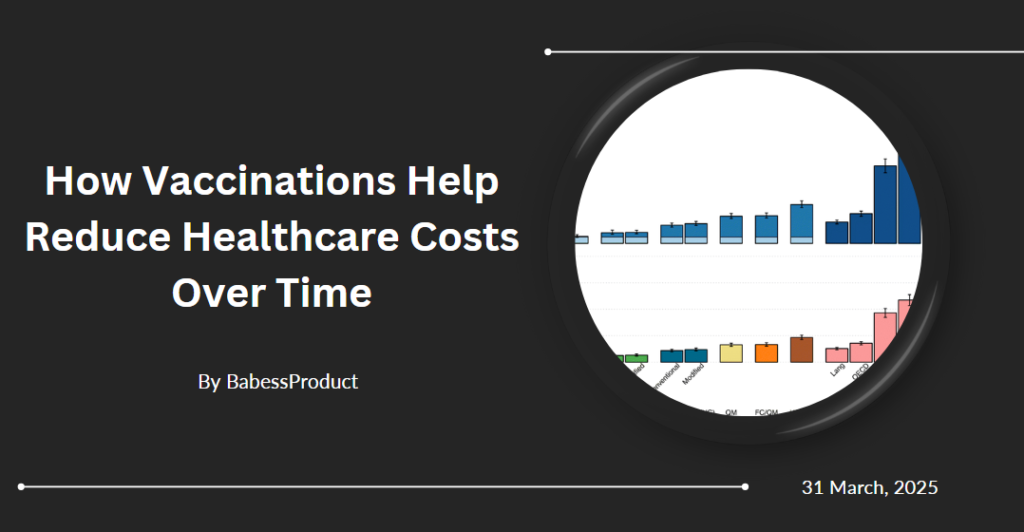Vaccinations have long been a tool in promoting public health and managing diseases. They play a role in preventing the spread of infectious diseases and reducing the financial burden associated with medical care. While healthcare costs continue to rise globally, vaccinations may offer an approach to reshaping how societies allocate resources towards health and well-being.
Lowering the Incidence of Preventable Diseases
Vaccinations can reduce the occurrence of diseases that are otherwise difficult and expensive to treat. Infectious diseases, such as measles, polio, and influenza, may require extensive medical intervention. In more severe cases this may include hospital stays, medication, and even long-term care. By minimizing the likelihood of contracting these illnesses, vaccinations directly decrease both the number of patients seeking medical treatment and the associated economic strain on healthcare systems. This creates a ripple effect, reducing emergency room overcrowding and freeing resources to address other health concerns.
Curtailing Long-Term Complications
Preventable diseases can lead to complications that create lasting medical needs. Conditions associated with illnesses like the flu, pneumonia, or hepatitis may result in the following:
- Prolonged treatment
- Increased hospitalizations
- Multidisciplinary care to manage symptoms.
Vaccinations play a role in lowering the chances of these complications. By avoiding the onset of these diseases, individuals face fewer long-term health challenges. This can reduce the need for specialized medical care and lowering expenses related to chronic disease management.
Enhancing Workplace Productivity
Disease outbreaks can lead to widespread absenteeism, especially in workplaces with shared environments. Employees suffering from vaccine-preventable illnesses may face extended periods away from work. This can not only affect their income but also lead to productivity losses. Vaccinations can help decrease the likelihood of outbreaks, maintaining a healthier workforce and reducing sick days. This consistency in productivity may benefit companies and wider economic systems, indirectly lightening the burden on healthcare expenses related to workplace illnesses.
Decreasing Community-Level Expenditures
Immunization contributes to a phenomenon known as herd immunity, which protects entire communities by reducing the spread of diseases. When a significant portion of the population is vaccinated, it lowers the chance of disease transmission. This can be particularly beneficial for individuals who cannot receive vaccines for medical reasons. This protective effect may minimize the need for large-scale interventions, such as outbreak containment measures, widespread medical treatments, and public health campaigns. Over time, communities spend less on combating diseases, preserving funds for other services.
Reducing Childhood Healthcare Costs
Childhood diseases such as whooping cough or rotavirus can lead to costly hospital admissions and additional medical intervention. Vaccines administered during early childhood build immunity against these ailments and decrease their prevalence. This can benefit families by lessening childhood doctor visits, hospital stays, and associated out-of-pocket costs, which can accumulate over time. Long-term health improvements achieved through childhood vaccinations reflect positively on healthcare systems, as fewer resources need to be allocated toward managing preventable pediatric illnesses.
Protect Your Health and Costs With Vaccinations
Vaccinations can offer a pathway to strengthening public health systems while effectively managing long-term healthcare costs. By mitigating the spread of preventable diseases, reducing complications, and contributing to community and workplace stability, vaccinations provide far-reaching benefits beyond individual health. If you’re interested in learning more about how vaccinations can impact healthcare and society, speak to a healthcare provider to access further information and resources.

